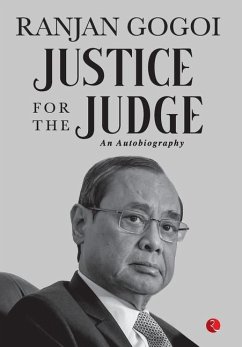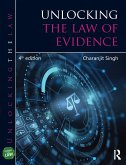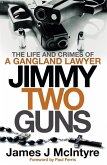Clear-eyed, inspiring and incisive, this is the story of a man of consummate ambition, who made a significant and lasting mark on India's judicial landscape. The Supreme Court of India has witnessed a succession of larger-than-life chief justices in its seven-decade history. However, it has never seen the likes of Chief Justice Ranjan Gogoi. Fiery yet charming, and simultaneously principled and pragmatic, Gogoi is a fascinating man of contrasts who has intrigued observers across the political spectrum. Now, for the first time, Gogoi tells the dramatic story of his life in fascinating detail in Justice for the Judge-his impressive legal career and the far-reaching consequences of the momentous decisions of his tenure which will engage his admirers and critics alike. Never one to shy away from contentious issues, Gogoi provides a no-holds-barred account of the extraordinary events that characterized his tenure in the apex court-the 'infamous' press conference prior to his elevation as the most powerful judge in the land, unsubstantiated allegations of sexual harassment and the impact of tabloid journalism.
Hinweis: Dieser Artikel kann nur an eine deutsche Lieferadresse ausgeliefert werden.
Hinweis: Dieser Artikel kann nur an eine deutsche Lieferadresse ausgeliefert werden.








